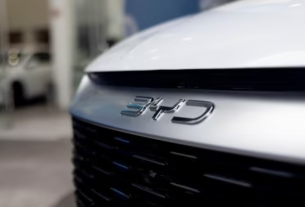In Short : In order to make up for the decline in fuel excise taxes, which have historically been used to finance road maintenance, Australia is thinking of implementing a road-user fee for electric cars (EVs). Flat costs or distance-based tariffs depending on vehicle weight are among the options being considered.
Increasing Policy Discussion
The Albanese government and state treasurers are investigating charge models like $300/year for 10,000 km or weight-based schemes because gasoline excise revenues are declining as EVs become more common. In order to balance market readiness and financial viability, the NSW trial model suggests implementing the charge only until EVs account for 30% of new sales.
Maintaining Adoption, Preserving Momentum
Despite the charge’s goal of filling financing deficits, there are still worries that its early introduction would discourage the use of EVs. The Electric Vehicle Council argues for a universal approach that applies to all vehicles, not only EVs, and supports postponing the fee until EVs gain a larger market share.
Greater Significance for Equity and Infrastructure
If well thought out, the fee might allow for reliable, safe road funding while reducing emissions and controlling traffic. Transparency in the distribution of revenue, whether to general finances or straight back into transportation infrastructure, is essential to its success.




